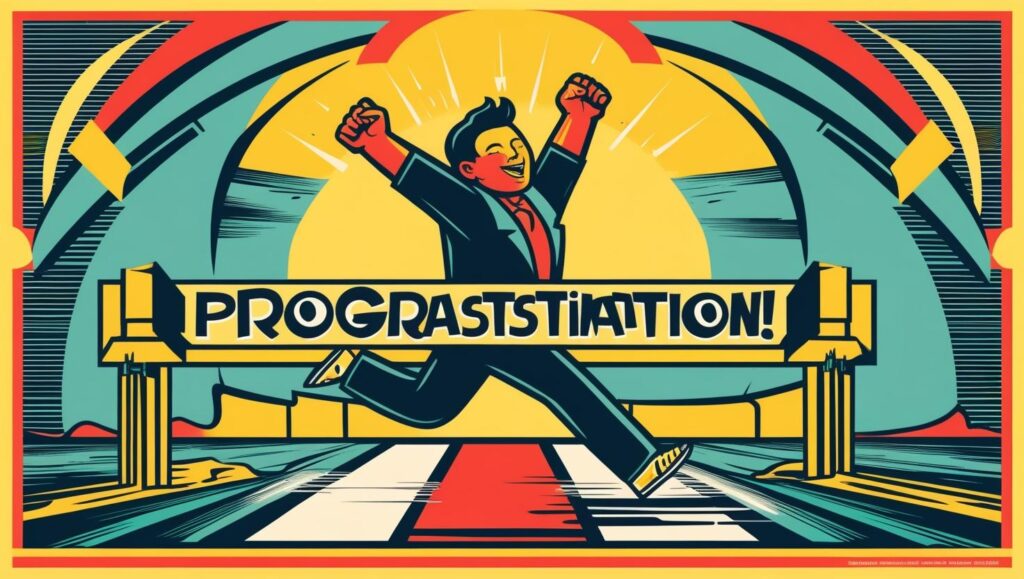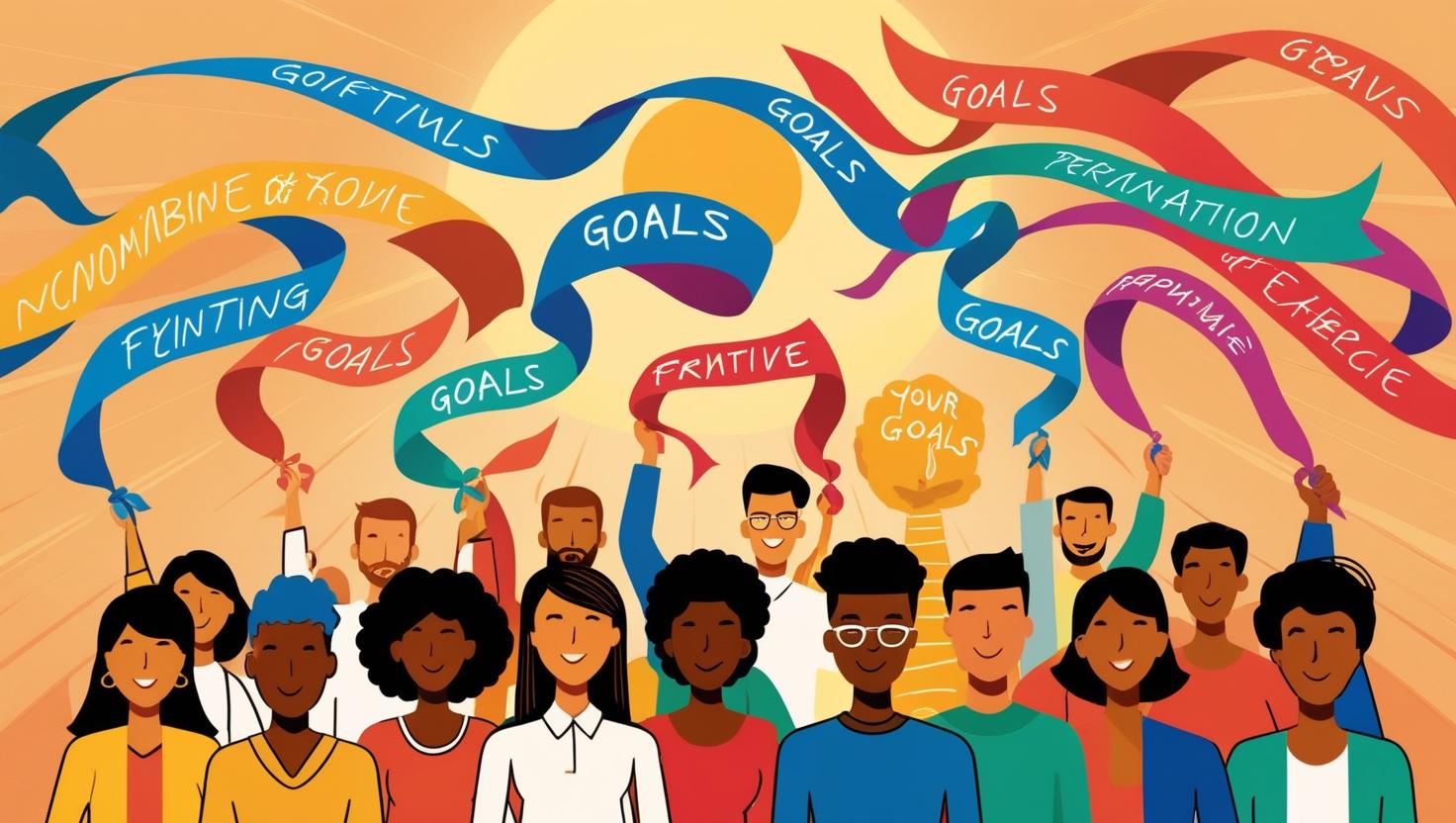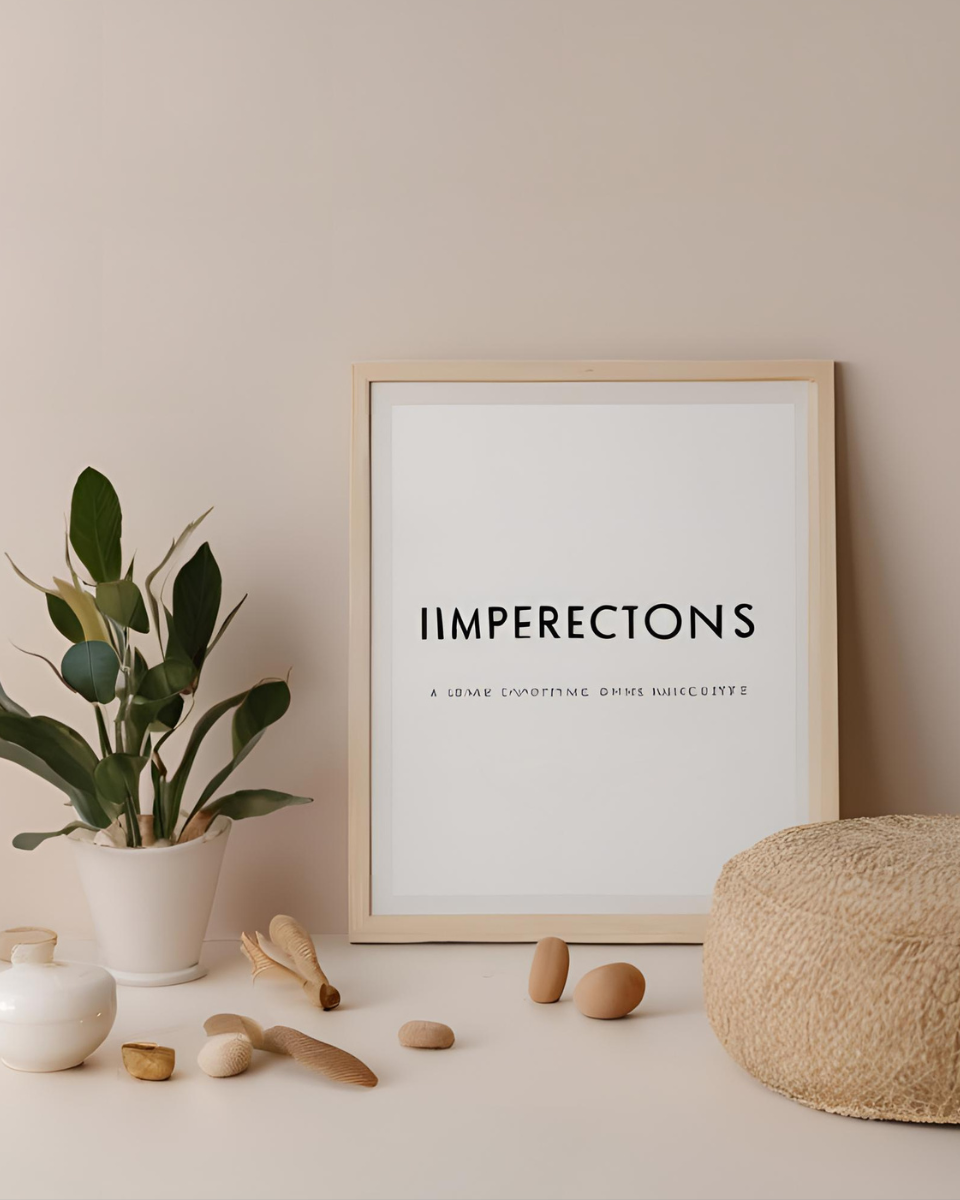What Is Procrastination?
Procrastination is a crazy habit of delaying tasks that must be done. Its purpose is to avoid the
discomfort and stress of handling tasks. At some point in our lives, we have all been there, pushing our duties and responsibilities aside and telling ourselves we will do it later, tomorrow, or next month. It could be avoiding house chores, delaying personal projects or putting off a visit to the gym only to feel frustrated when we are unable to fulfil our objectives. Procrastination hinders productivity, progress, success and more importantly self-fulfillment. Procrastination stems from unpleasantness, difficulty, simple distractions, fear of failure, or perfectionism. Responsibilities may not always be complicated or time-consuming but they may bring discomfort, leading to postponing and a cycle of stress and guilt. Why do we delay achieving our plans over and over again, and how can we break the cycle and take action?
Below Are 11 Tips to Overcome Procrastination

1. Change the triggers
You are more likely to procrastinate on uncomfortable tasks that feel boring and frustrating, lack personal meaning, or are not engaging or fun. You can change the triggers and redesign the task to handle this challenge. Turn the tedious tasks into a fun activity. Make it more engaging and interesting by changing how you do the task; for example, I used to be overweight, and the thought of going to the gym made me uncomfortable; I would postpone every time I visited the gym. I felt frustrated because I didn’t achieve my desired size; this is what I did. I found other fun activities that could make me lose weight, like swimming and Zumba dancing classes, which worked for me.
2. Understand why you procrastinate
Procrastination is an emotional response to discomfort and difficulty; yes, you are not lazy and broken. The more you feel bad about it, the more likely you are to ignore the tasks, leading to frustrations; this can become a deep habit for chronic procrastinators, making the cycle harder to break. It is essential to understand why you procrastinate, and you will be close to breaking the cycle. Humans are mentally and emotionally intense; we can control our emotions, face discomfort, and handle complex tasks. We need to stop procrastinating and face the tasks head-on to achieve the rewards that come after doing what we should do. Such as self-fulfilment, satisfaction, and a sense of progress. There is no better feeling than accomplishing and getting better at a difficult task.
3. Develop self-compassion
Have a culture of cultivating self-compassion by understanding you are human and treating yourself with understanding and kindness. Avoid putting yourself down, which can fuel procrastination and hurt your self-esteem. Scientific evidence proves that people who cultivate self-compassion reduce procrastination significantly and achieve their goals. The inability to manage negative emotions and add harmful self-talk fuels procrastination. Cultivating self-kindness can be a great habit that protects us from procrastinating. Self-compassion can help contain negative judgment and feelings that make us avoid complex tasks.
4. Design your future actions
To overcome procrastination, psychologists use the ‘commitment device. This device can assist you in designing your future actions ahead of time to avoid procrastination. For example, you can delete all the games from your phone and computer or social media apps that waste your time and distract you from completing your tasks; you can create an emergency fund by automatically transferring funds from your savings account. If you are trying to lose weight, you can buy small plates that can measure the portion of food you are eating. The above examples are commitment devices that help reduce procrastination significantly.
5. Address Perfectionism
The perfectionist feels frustrated by unachievable tasks and goals, believing everything must be perfect. The biggest hurdle is finding a middle ground and progressing on learning and improvement rather than ideal execution. The perfectionist can learn to accept mistakes and intentionally set time limits for specific tasks. Most importantly, accept that imperfection is part of the creative process and prioritize your progress over perfection.
6. Address Perfectionism
Divide large tasks into small manageable tasks to reduce feeling overwhelmed, making it easy to start. Doing this allows you to set project deadlines to create a sense of accountability and urgency. To track progress, you can break down the deadlines into smaller milestones that can track progress and maintain good momentum.
7. Adjust your environment
If you are struggling to quit drinking alcohol, keep away from bars, don’t keep alcohol in the house, and keep away from friends and a lousy company that drinks alcohol.if you can’t work appropriately because of the noise in your surroundings. Finding a quiet environment where you can focus and be more productive is wise. To avoid procrastinating, I must have a clear mind and remove any possible distractions hindering me from accomplishing my tasks.

8. Get an accountability partner
Having someone check in on your progress can make you more likely to follow through. You can use the following options below
● Join a study or workgroup
● Use social media accountability
● Hire a coach to guide you through your task
9. Apply the Pomodoro Technique
The Pomodoro Technique is a method that manages time and uses a timer to break the tasks into intervals; for example, Work for 25 minutes, then take a 5-minute break. After four sessions, take a more extended break (15–30 minutes).
Benefits:
This technique enhances focus during each Pomodoro
This technique gives short breaks that prevent burnout
This technique makes daunting tasks feel manageable, hence maintaining productivity
10. Use The 2-Minute Rule
The Two-Minute Rule is a powerful principle that David Allen, a productivity expert, popularized. It works by reducing the friction between you and starting a task. There are two ways to apply these rules
- If it takes less than two minutes, do it now. Intentionally getting small tasks done immediately rather than piling tasks that may overwhelm you, for example:
Replying to a short email
washing your coffee mug
Filing a single paper
Adding a task to your calendar - To build a habit, start with something that takes two minutes or less. Cultivating this habit is important because it helps eliminate the fear of starting intimidating tasks. for example:
Want to write a book? → Open your laptop and write one sentence.
Want to get fit? → Put on your gym clothes.
Want to read more? → Read one paragraph.
Want to clean the house? → pick up one item and put it away
11. Manage Your Energy, Not Just Time
Sometimes it’s not all about managing time but also maintaining good energy. It is necessary to work your natural rythms.You can do the following activities below:
You can do most important tasks when you are most energetic and alert
It is important to get enough sleep at least 8 hours a day
Eat a balanced diet and stay hydrated during the day
It is important to do exercise -this involves moving your body throughout the day,this boosts focus and motivation
12. Reward progress
Once you start your tasks and start accomplishing them, it is important to celebrate your achievements no matter how small they are, you can give yourself the following; a break, a snack, praise or something that you enjoy.This subconsciously teaches the brain to associate effort with reward.
Conclusion
In conclusion, Procrastination is not a sign of laziness or lack of ability, it’s often a coping mechanism to avoid discomfort, uncertainty, or fear. By recognising this, you can replace judgment with understanding and shift from a mindset of avoidance to one of empowerment. Taking action is not about waiting for the perfect moment or a wave of motivation. It’s about learning to act despite discomfort, despite uncertainty, and especially when your mind tells you to delay. The good news is that every small action you take creates momentum. And momentum is what breaks the procrastination cycle. You don’t need to overhaul your entire life today. You just need to begin. Start with five minutes. Start with one Pomodoro. Start by writing a sentence, sending that email, or setting that goal. Action breeds clarity. Action builds confidence. And action, repeated consistently becomes identity. Remember, the goal isn’t to become perfect, it’s to become progress-oriented. With each small win, you reinforce a new self-image: someone who acts, who finishes, who grows. Your future self is already thanking you.



